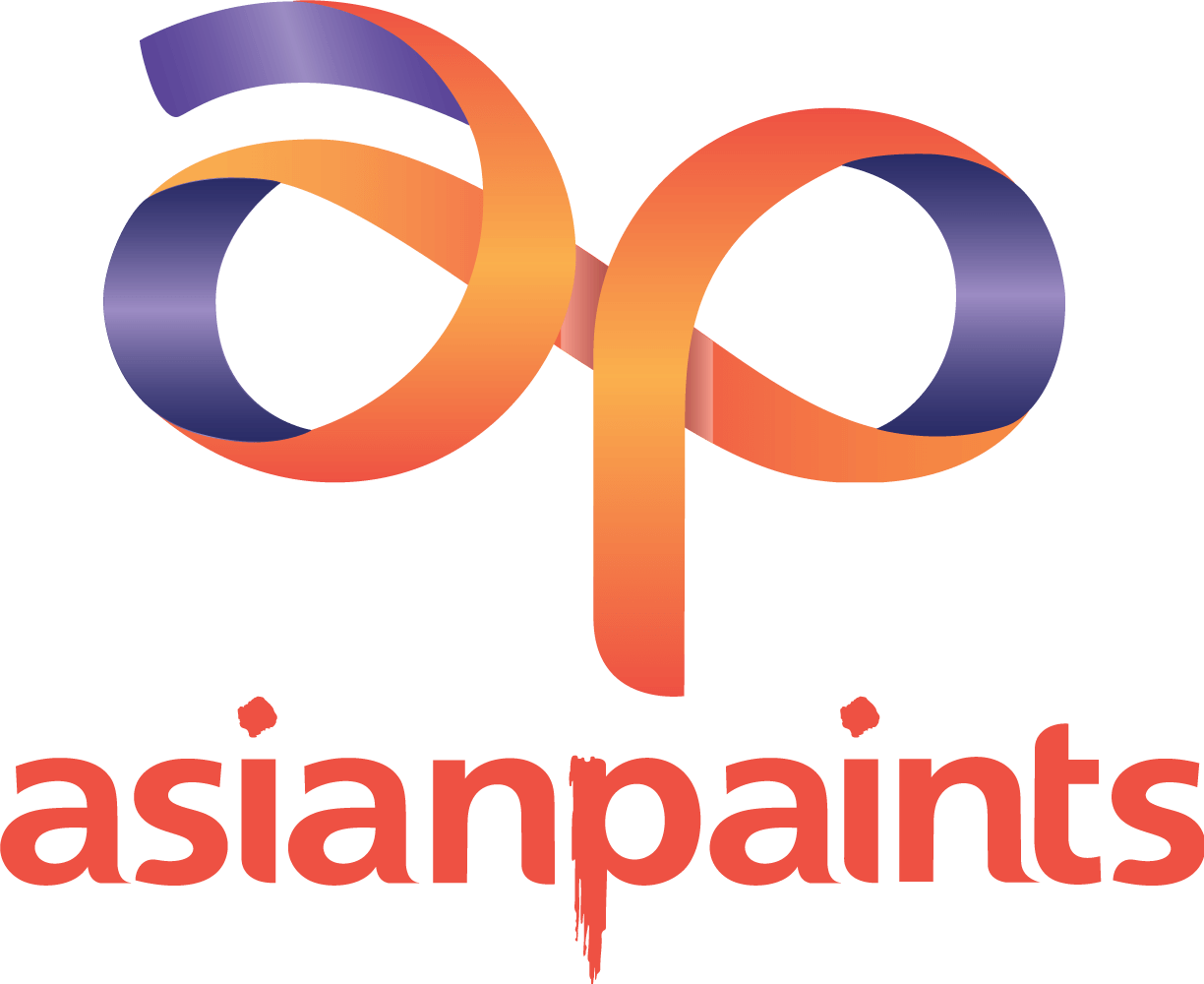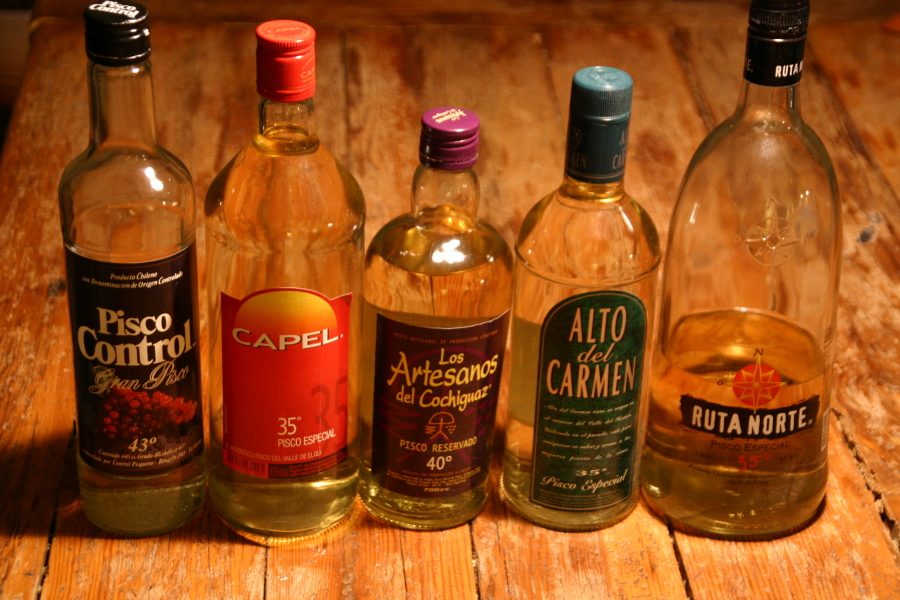For more intellectual property updates, follow our WHATSAPP CHANNEL and SUNS LEGAL | LinkedIn
Written by N. Amal S. Nair and verified by Sunil Jose, Managing Attorney, Suns Legal.
Khadi and Village Industries Commission vs. The Registrar of Trademarks [2025 SCC OnLine Bom 179]
CASE BACKGROUND
On 19th March 2021, the Registrar of trademark refused the application of the Khadi and Village Industries Commission to register its new anti-fungal, anti-bacterial paint trademark [PRAKRITIK PAINT & Device (Hindi)] in Class 2 (Application No. 4890045) citing Section 9(1)(b) and Section 11(1) of the Trademarks Act, 1999 (“The Act”).
The petitioner, Khadi and Village Industries Commission (“KVIC”) is a statutory body established by an Act of Parliament. It is an apex organization under the Ministry of Micro, Small, and Medium Enterprises, engaged in the promotion of Khadi and village industries in rural areas. The petitioner has been using the name ‘KHADI’ on its products for a very long time and has spent a considerable amount on advertisement and promotional activities. The trademark KHADI has also been declared a well-known trademark and is included in the list of well-known trademarks by the Trademark Registry in the year 2022.
The petitioner announced the launch of its anti-bacterial, anti-fungal, paints on December 17 2020, under the brand and trademark of “VEDIC PAINT”. The petitioner rebranded the product as “PRAKRITIK PAINT” and launched it on the 12th of January 2021. They were granted registration for its word mark “KHADI PRAKRITIK PAINT” (Application No. 4859937) in class 2 in respect of paints, varnishes, distempers, emulsion paints, etc., on the 14th of May 2023.
On the 4th of March 2021, the petitioner filed an application in Class 2 for the subject mark, i.e., “PRAKRITIK PAINT & Device” (in Hindi) claiming use from 12th of January 2021. On the 19th of March 2021, the Registrar raised two objections in respect of the said application, one under Section 9(1)(b) of the Act, stating that the mark consists exclusively of words that designate the kind and intended purpose of the goods or rendering of service or other characteristics, and also under Section 11(1) of the Act, on the basis that a similar mark in respect of identical/similar goods existed and a conflicting mark, i.e.,[“PRAKRITIK PAINT and Device in English”] (Application No. 4859938), was being cited.
Petitioner, on the 31st of March 2021, gave a detailed response to the examination reports, requesting waiver of the objections based on the records placed by the petitioner. The petitioner inter alia relied upon an order passed by the Delhi High Court in the case of Khadi and Village Industries Commission vs. M/s. JBMR Enterprises (CS(COMM) 284 of 2021), wherein an injunction was granted in favor of the petitioner in the context of the mark PRAKRITIK PAINT.
The petitioner also relied upon an award dated 3rd of June 2022 passed by the World Intellectual Property Organization (WIPO), where the offending party was directed to transfer the mark in favor of the petitioner.
KEY LEGAL ISSUES AND COURT’S JUDGMENT
The Court analyzed that the subject mark was a device mark consisting of various components and thereafter opined that when a device mark came up for registration and even when proprietary rights were asserted upon registration in any proceeding before a court, such a device mark must be considered as a whole. The Court also looked upon Section 17 of the aforesaid Act, which pertains to the registration of a trademark consisting of several elements. It specifically mentions that when a trademark consists of several matters, its registration shall confer on the proprietor exclusive rights to the use of the trademark taken as a whole.
The Court relied on Registrar, Trade Marks v. Ashok Chandra Rakhit Ltd. (1955 SCC OnLine SC 12) and opined that by registration being conferred on a device mark or trademark consisting of several matters, as per Section 17(2) of the Act itself, the person holding such registration could not claim any exclusive right in the matter forming only a part of the whole of the trademark.
The Court opined that if the entire mark, whether it’s a device mark, a composite mark, or a trademark made up of multiple components, as a whole, fits within the classifications outlined in Section 9(1)(b) of the aforementioned act, the Registrar has the authority to deny its registration. However, in this instance, the refusal of the mark was based on the fact that the individual elements or components of the device mark were not eligible for registration.
The Court relied on Abu Dhabi Global Market vs. Registrar of Trademarks, Delhi (2023 SCC OnLine Del 2947), where in this case the Delhi High Court decided that in a composite mark, even if part of such a mark consists of marks of indications, the said mark is excluded from the scope of Section 9(1)(b).
The Court stated that there was sufficient material placed on record to show that the petitioner was openly using the subject device mark in the context of its goods in the public domain, and the Registrar completely ignored these documents while passing the impugned order.
A single Judge Bench of Manish Pitale, J., stated that the effect of the registration of the trademark “KHADI PRAKRITIK PAINT” in the petitioner’s favor was also ignored as the same Registry had granted registration to the petitioner for its device mark “PRAKRITIK PAINT( English)”. The Court opined that as registration for the device mark “PRAKRITIK PAINT” was granted to the petitioner, it was not appropriate for the registrar to refuse the registration for the subject device mark “PRAKRITIK PAINT” (Hindi) to the petitioner.
Thus, the court directed that the petitioner’s application of the subject mark should be allowed to proceed for registration.
ANALYSIS OF THE JUDGMENT
The decision in this case highlights that while examining a trademark the Registry must evaluate the whole trademark and not just individual words. The decision implies that if the subject device mark has generic words, it does not automatically get rejected if the trademark as a whole is distinctive and new.
By allowing the Khadi and Village Industries Commission to register its “PRAKRITIK PAINT” mark, the Court supported the innovation and eco-friendly products. The judgment sets clear guidelines for the authorities to handle trademark decisions, particularly in combination marks that cater to both generic and non-generic elements.





